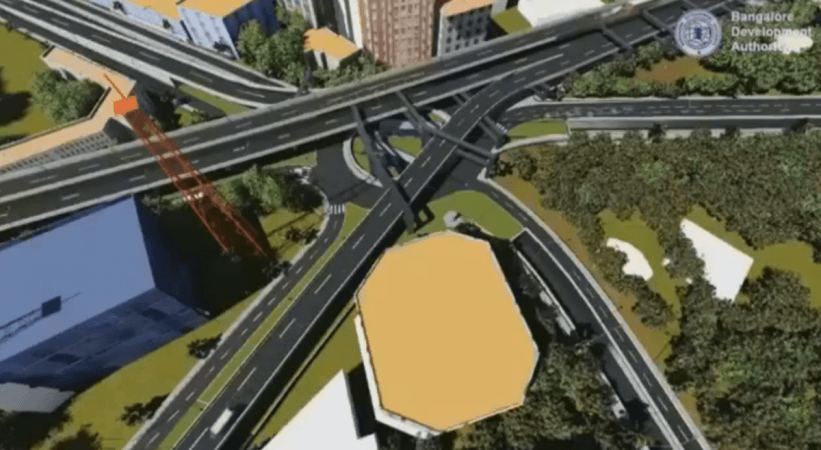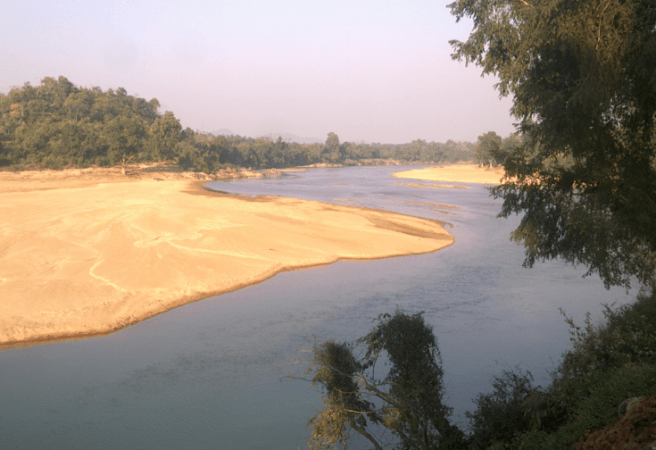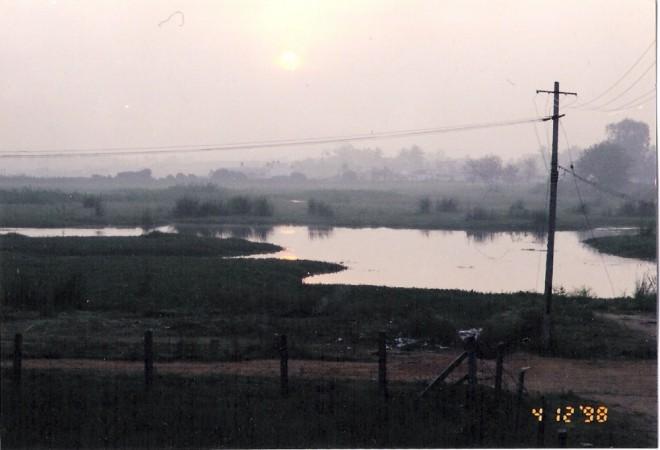
On Thursday (March 2), the Karnataka government took the decision to scrap the controversial steel flyover project to have been built between Chalukya circle and Hebbal. The proposed 6.9 km six-lane steel bridge which was to cost Rs 1,800 crore faced vigorous opposition from many concerned Bengalureans and urban experts as the project would have meant felling of 800 trees.
Bengaluru steel flyover project is dead! Says Development Minister KJ George
Bengalureans were not ready to give up the greenery of the city for reducing traffic congestion. But this is not the first time, when an united opposition to protect flora and fauna has yielded a desired effect.
Here are three more instances of successful protests which had led to change in government policy:
- The Tawang hydro power project

A hydro project in Tawang, Arunachal Pradesh— promoted by Noida-based textile-to-steel conglomerate, LNJ Bhilwara Group was shelved in 2016 when it failed to receive a green signal from the National Green Tribunal (NGT). The project would have meant a loss of habitat for the 'vulnerable' black-necked crane, a species that breeds on the Tibetan plateau and migrates to Tawang for the winter.
This 'call-off' was the result of peaceful, but vigorous protests by hundreds of Buddhist lamas and Arunachalis under the banner of Save Mon Region Federation (SMRF), which aimed at the banning large dams in the "ecologically, culturally and strategically" sensitive district.
- Koel Karo hydroelectric power project

The Koel Karo Jan Sanghatan (KKJS), which comprises the Mundari tribe of Jharkhand, who are ardent nature lovers and respect their land and rivers, carried out a long, but peaceful protest against the government to stop building a hydroelectric project on the Koel Karo river.
They said that the project would threaten their lives, livelihood and cultural roots. The project, which had started in 1976, was scrapped by former Jharkand chief minister Arjun Munda, on August 29, 2003. Following sustained protest, on July 21st, 2010, the Governor officially closed the Koel Karo project
- Revival of lake Vibhutipura

In 2012, residents living in and around the lake Vibhutipura, Bangalore, came together and formed the Vibhutipura Kere Abhivruddhi Mattu Samrakshane Samiti (Vikas). They approached the state government and the Bangalore Development Authority to initiate action on protecting the Vibhutipura lake. The lake had become a dumping yard for building debris, garbage as well as raw sewage from nearby apartment complexes.
Vibhutipura Lake, located near old HAL airport, at Lal Bahadur Shastri Nagar, Varthur, was a beautiful lake with clean water, attracting migratory birds. People would even fish in these waters. The lake, originally spread over an area of 43 acres lake, had shrunk with garbage and debris.
The protest actually started years back. Uthkarsh, a residents' group of the LB Shastri Nagar was formed. They wanted to improve the quality of life in the locality and a team was formed to save the lake. Protests were undertaken and pressure groups were formed to change conditions. A walkathon was organised in November 2012. Over 500 people participated in the protest march, including BDA/BBMP officials, the MLA and corporator. The walkathon led to the formation of Vikas and restoration of the lake work was taken up by the BDA in February 2013.















